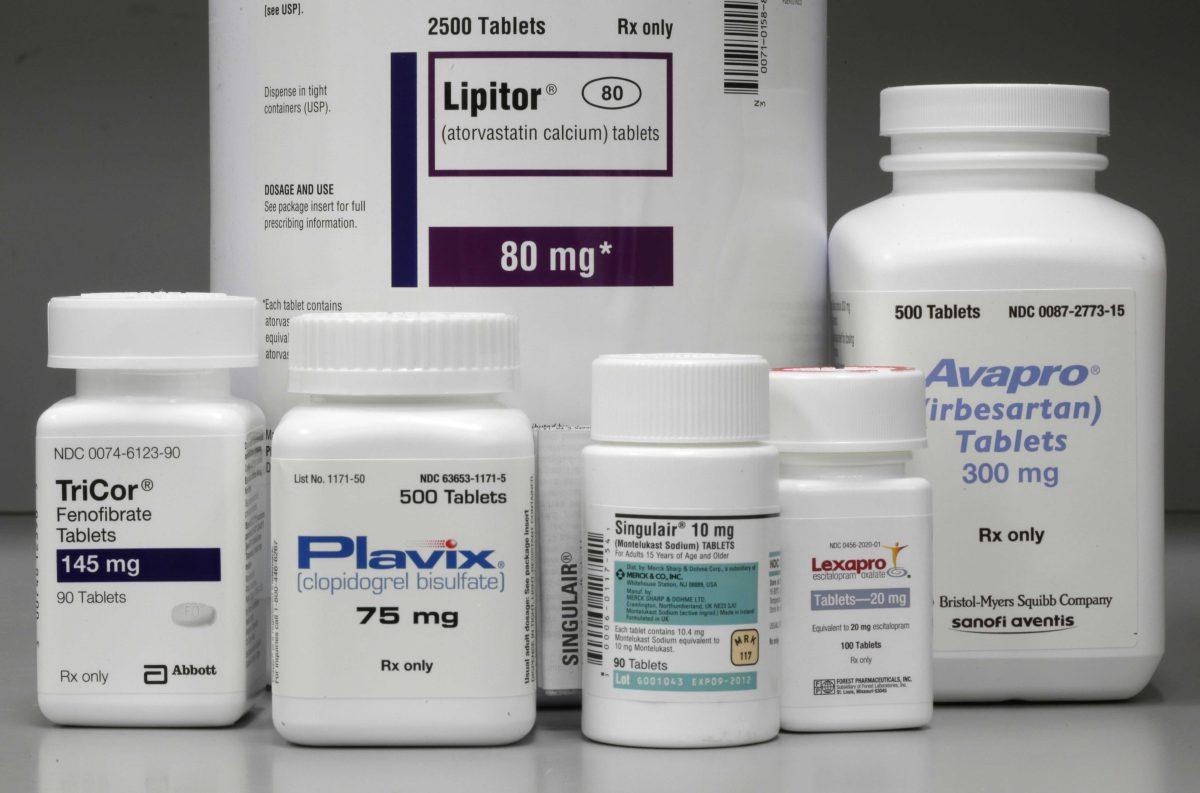While everyone was out this weekend doing unspeakable things in Tigerland, 12 countries in the Asia Pacific region pledged to do something about antimicrobial resistance, an important topic we need to address.
For those who don’t know, which I assume is nearly everyone, antimicrobial resistance is when a microbe becomes resistant to antibiotics and other similar drugs through mutation. This type of threat, much like climate change, transcends borders and socioeconomic levels.
“It is a looming health and economic crisis that requires both global and local solutions,” World Health Organization regional director for Southeast Asia Poonam Khetrapal Singh said. “Since drug resistant genes can travel, countries with higher levels of economic and social organizations have a stake in the success of measures taken by less developed countries. In the fight against antimicrobial resistance, we are only as strong as the weakest link.”
According to UK chancellor George Osborne, antimicrobial resistance could become a greater threat than cancer by 2050, killing 10 million people per year by that time.
To put this concern in economic perspectives, he said antimicrobial resistance could cut global Gross Domestic Product by 3.5 percent, costing the world $100 billion collectively.
This situation might seem unrealistic, but we’re already seeing the effects of antimicrobial resistance today. For example, as of 2012, gonorrhea has mutated so much that only one drug can now treat the disease, according to the Center for Disease Control and Prevention.
This potential epidemic only highlights the need for universal, public health care. The private sector is great for innovating profit-driven technology and services, but health care doesn’t fall under that category. Eradicating diseases can’t be profit-driven because some people might have a disease but wouldn’t be able to afford a cure without some sort of government assistance.
I’m not saying drug companies are inherently evil. The system’s profit-driven drug creation discourages these companies from creating cures and developing new drugs. Their survival depends on making money from drugs.
If we want to find cures or fight antimicrobials, the government needs to oversee the production and creation of new drugs and take away the profit incentive. However, we also need a universal health care plan, like the rest of the world, to make sure everyone in the country is safe from antimicrobials and other diseases.
Keeping our species safe and protecting other humans shouldn’t be reduced to profits. We need to do everything we can to slow the rate of antimicrobial resistance before it gets out of hand. Our species can’t wait.
Cody Sibley is a 20-year-old mass communication sophomore from Opelousas, Louisiana.
OPINION: Antimicrobial resistance detrimental to society, should become government priority
April 18, 2016
FILE – In this June 14, 2011, file photo, bottles of prescription drugs: Lipitor, TriCor, Plavix, Singulair, Lexapro and Avapro are displayed at Medco Health Solutions Inc., in Willingboro, N.J. U.S. spending on prescription drugs rose 8.5 percent last year, slightly less than in 2014, driven mainly by growing use of ultra-expensive new drugs and price hikes on other medicines. A report from data firm IMS Health estimates patients, insurers, government programs and other payers spent a combined $309.5 billion last year on prescription medicines. (AP Photo/Matt Rourke, File)
More to Discover











